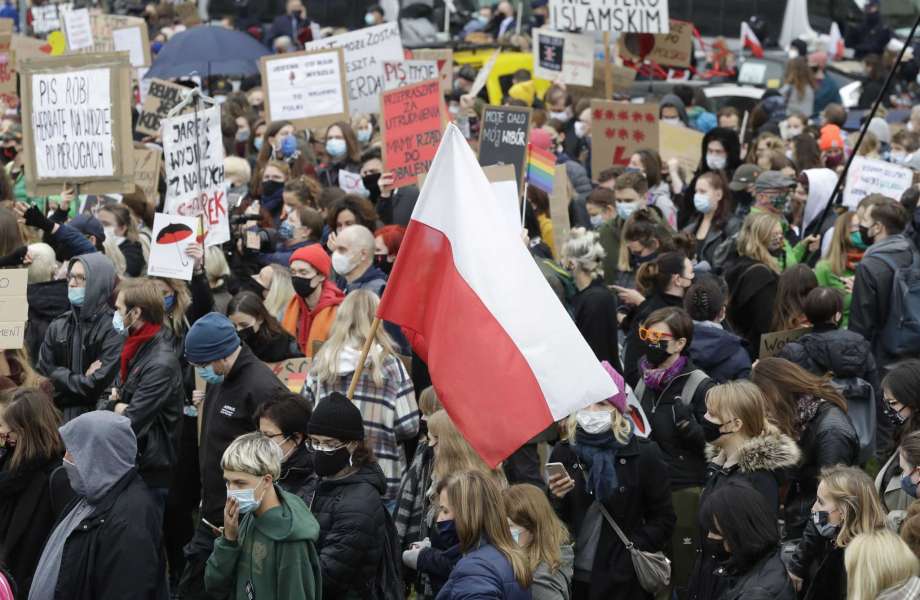Ethiopia Shuts Land Borders To Fight Coronavirus
By AFP
Ethiopia on Monday shut its land borders to nearly all human traffic as part of efforts to curb the spread of the coronavirus.
Africa’s second-most populous country has so far recorded just 11 infections and no deaths, but officials have struggled in recent days to enforce prevention measures including bans on large gatherings, raising fears the tally could climb.
The land border closure was part of a set of new measures announced Monday by Prime Minister Abiy Ahmed’s office.
Soldiers will be empowered “to halt the movement of people along all borders, with the exception of incoming essential goods to the country,” a statement said.
Security forces will also play a role in enforcing existing measures prohibiting large gatherings and meetings, it added.
Ethiopia has so far refrained from imposing the kind of shutdown seen in other East African countries like Rwanda and Mauritius.
But even its more limited measures have not been fully enforced, and Abiy’s Prosperity Party has been criticised on social media for holding large meetings in various parts of the country where attendees have sat close together.
Monday’s statement said political parties would “adhere to social distancing and preventative measures when convening meetings.”
Ethiopia has kept its main airport open for international flights, although Ethiopian Airlines has been forced to suspend services to destinations in nearly 40 countries, according to its website.
Monday marked the first day of a new rule requiring all passengers arriving in Ethiopia to be quarantined in hotels for two weeks at their own expense.
Ethiopia shares land borders with countries including Eritrea, Sudan, Kenya, Djibouti and Somalia — all of which have confirmed coronavirus cases.
Djibouti announced its second case on Monday.
Eritrea, with one case, on Monday, announced new measures of its own including a ban on gatherings of more than 10 people.
The country’s health ministry also urged residents to avoid public transportation and said Eritreans currently living abroad should refrain from returning.
Ethiopia’s refugee population of more than 735,000 includes large numbers from neighbouring South Sudan, Somalia, Eritrea and Sudan.
The UN refugee agency UNHCR has voiced concern about how border restrictions implemented to fight the coronavirus could affect the rights of asylum seekers.
The UN “requests that measures be put in place to take into account access to the territory of asylum seekers for those fleeing persecution,” Ann Encontre, UNHCR’s Ethiopia representative, told AFP on Monday.





